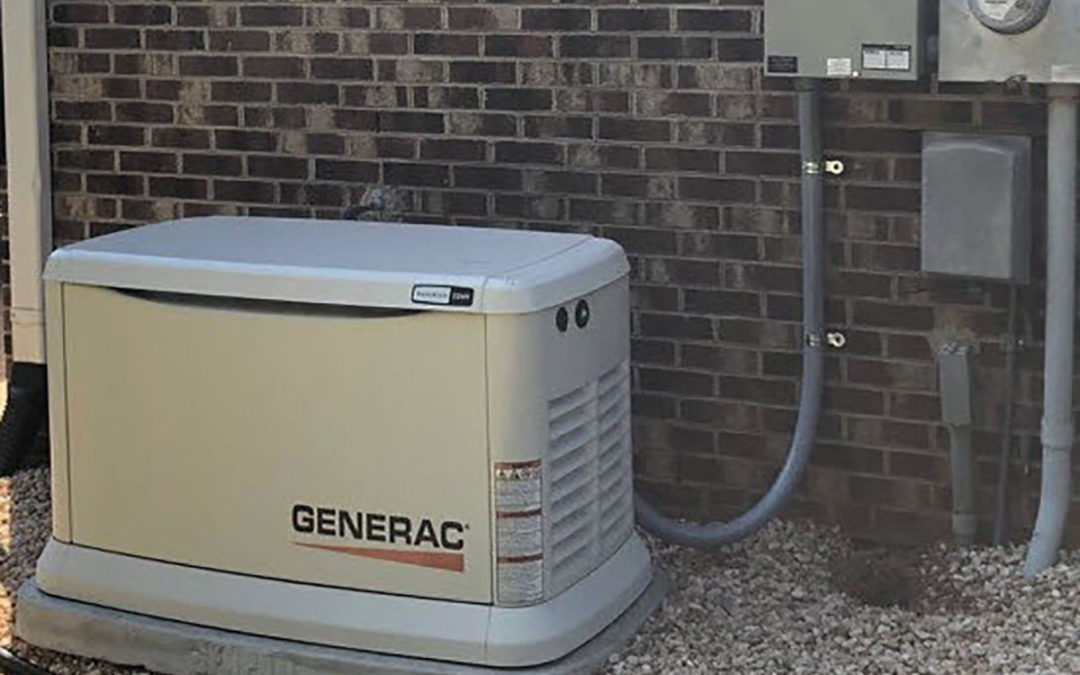Whole-home (or whole-house) generators provide an emergency source of power to your property. They keep your appliances and devices up and running if the power goes out due to storms or other emergencies. They’re particularly appealing to those who like to prepare for the worst or those living in areas at risk of floods, storms, and disasters.
But, before you rush out and purchase a whole-home generator, there are a few key things to consider.
Capacity
First, capacity determines how powerful your generator is and how much it can handle. Capacity is measured in watts. For example, a 20kW (kilowatt) generator outputs 20,000 watts of power, a 30kW generator can handle 30,000 watts, and so on.
Naturally, you need to ensure that your chosen generator has sufficient capacity to meet your property’s energy needs. To do that, you have to know how much energy your devices and appliances use.
For example, an average light bulb needs only 60 watts, while an LED bulb is even better, using just 10 watts. But appliances like refrigerators can use several hundred watts, while ovens may use anywhere from 2,000 to 5,000 watts (or more, in some cases).
Think about the essential devices you want to keep up and running if the power goes out and choose a generator to match.
Fuel Type
Whole-home generators run on fuel. That fuel can take various forms, like gasoline, propane, diesel, and natural gas. Each one has its pros and cons – propane is easy to store, for instance, while natural gas burns cleanly and generally remains easily accessible, even during times of natural disasters.
It’s a good idea to look into the costs and features of each fuel type and figure out which one works best for you.
DIY or Professional Installation
Finally, should you set up your generator yourself or get a pro to do it for you? Given the fact that installing a generator is quite complicated, it’s usually not the kind of job you’ll want to DIY. There are plumbing connections to figure out, electrical connections to establish, and so on.
You may even need to get permits before installing one of these generators. Licensed pros have the know-how needed to do the job just right, without any unnecessary risks or problems along the way.
Key Takeaways:
- Make sure that you know the capacity of your generator because you need to have the right amount of energy to power up your home.
- Figure out which fuel is best for your generator as gasoline is difficult to store and goes bad over time.
- It’s best to hire a professional when installing a generator as accidents can happen such as a gas leak, carbon monoxide leaks, or even electrocution.
“Electrical storms, ice storms, hurricanes, tornadoes, flooding — all of these weather events and more can inflict damage on electrical grids, plunging your home into darkness for hours, days, or even weeks.”
Read more: https://teamenoch.com/blog/three-things-to-consider-before-installing-a-standby-generator/


Recent Comments